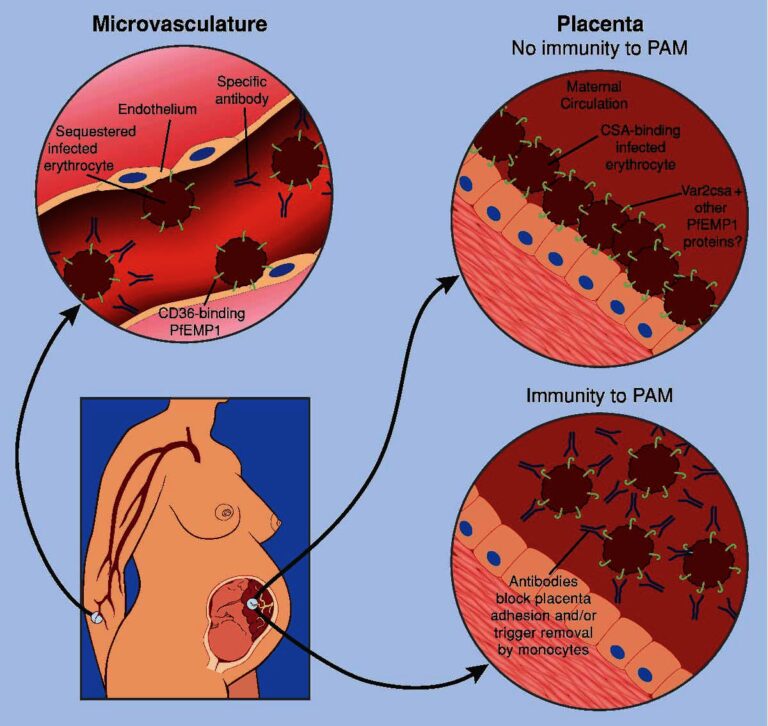Health Problems for a Premature Baby
Introduction
Premature birth, defined as birth before 37 weeks of gestation, presents a range of health challenges for infants. While medical advancements have greatly improved outcomes for premature babies, they often face a host of health issues due to their early arrival. Understanding these problems is crucial for parents, caregivers, and healthcare professionals to provide effective care and support. This article explores common health problems experienced by premature babies, the underlying causes, and the treatments available.
Respiratory Issues
One of the most critical health problems for premature babies is respiratory distress. Premature infants often have underdeveloped lungs, which can lead to a condition known as Respiratory Distress Syndrome (RDS). This syndrome occurs because the baby’s lungs lack sufficient surfactant, a substance that helps keep the air sacs in the lungs open. Without enough surfactant, the baby may struggle to breathe and require mechanical ventilation or Continuous Positive Airway Pressure (CPAP) to assist with breathing.
Treatment and Management: Surfactant replacement therapy is a common treatment for RDS. Administered directly into the baby’s lungs through a tube, this therapy helps improve lung function and reduce breathing difficulties. Other supportive measures include supplemental oxygen and respiratory support devices.
Cardiovascular Problems
Premature babies are at higher risk for cardiovascular issues, such as Patent Ductus Arteriosus (PDA). PDA is a condition where a heart vessel, the ductus arteriosus, fails to close properly after birth. This vessel normally closes on its own within the first few days of life, but in preemies, it can remain open, leading to problems with blood flow and oxygen delivery.
Treatment and Management: PDA may be managed with medication, such as indomethacin or ibuprofen, which helps promote closure of the vessel. In some cases, if medication is not effective, surgical intervention may be required to close the PDA.
Neurological Concerns
Premature birth can also affect brain development. Babies born very early may experience intraventricular hemorrhage (IVH), a condition where bleeding occurs in the brain’s ventricles. This can lead to potential developmental delays or long-term neurological issues.
Treatment and Management: The severity of IVH varies, and treatment depends on the extent of the bleeding. Regular neurodevelopmental assessments are crucial to monitor and address any delays or issues. Early intervention programs, including physical, occupational, and speech therapy, can support the child’s development.
Gastrointestinal Problems
Premature infants often face gastrointestinal issues, including Necrotizing Enterocolitis (NEC). NEC is a serious condition where the lining of the intestines becomes inflamed and starts to die. It can lead to severe complications and requires prompt medical attention.
Treatment and Management: NEC is typically treated with antibiotics, bowel rest (no feeding), and, in severe cases, surgery to remove damaged sections of the intestine. Nutritional support is also crucial, and preemies may receive specialized feedings through intravenous lines or feeding tubes.
Immune System Challenges
The immune system of a premature baby is less mature, making them more susceptible to infections. Conditions like sepsis, a severe infection that spreads throughout the body, are more common in preterm infants. Their vulnerability necessitates strict infection control practices and vigilant monitoring.
Treatment and Management: Prevention is key, including practicing good hand hygiene and maintaining a sterile environment in the Neonatal Intensive Care Unit (NICU). Antibiotic treatments are used to address infections when they occur. Vaccinations and immunizations are carefully managed to protect the baby from common diseases.
Vision and Hearing Problems
Premature babies are at risk for vision and hearing problems due to their underdeveloped sensory organs. Retinopathy of Prematurity (ROP) is a condition affecting the blood vessels in the eyes, which can lead to vision impairment or blindness if left untreated. Hearing loss is also a concern, as the auditory system may not develop fully.
Treatment and Management: Regular eye exams are essential for detecting ROP early. Laser therapy or cryotherapy may be used to treat severe cases. Hearing screenings are performed to identify any hearing loss, and early intervention services can provide support if hearing issues are detected.
Developmental Delays
Premature infants may experience developmental delays in areas such as motor skills, language development, and cognitive abilities. These delays are often linked to the amount of time spent in the NICU and the extent of prematurity.
Treatment and Management: Developmental monitoring and early intervention are crucial. Therapies such as physical therapy, occupational therapy, and speech therapy can help address developmental delays and support the child’s growth. Parents and caregivers play a vital role in providing a nurturing environment to encourage development.
Long-Term Health Considerations
While many premature babies grow up to lead healthy lives, they may face ongoing health challenges. Some may develop chronic conditions such as asthma, learning disabilities, or behavioral issues. Regular follow-up with healthcare providers and specialists is important to address these long-term concerns.
Treatment and Management: Ongoing care and support are essential to manage any chronic conditions and ensure the child’s continued well-being. Educational and psychological support may also be beneficial in addressing any learning or behavioral issues.
Conclusion
Premature birth presents a range of health problems that can affect various systems of the body. While the challenges are significant, advancements in neonatal care have improved survival rates and outcomes for preterm infants. Understanding these health issues and the available treatments helps ensure that premature babies receive the best possible care and support. With continued medical advancements and dedicated care, many preemies thrive and lead healthy, fulfilling lives.







